“Those Who Don’t Believe In Magic Will Never Find It.” – Roald Dahl
Disclaimer: These are my own viewpoints on the effects of psychedelics and the connection towards helping with emotional distress and anxiety. Take these suggestions as just that, suggestions, and always make up your own mind towards using psychedelics or not based on your own extensive research and personal choices. These methods can potentially be more harmful than helpful, so proceed with care.
Much love ❤️ Dennis
Albert Hofmann, a Swiss chemist, had synthesized LSD (lysergic acid diethylamide) in the late 1930s, early 1940s. Scientists then began experimenting with the potential palliative effects of LSD, mushrooms, and MDMA. During the 1950s and sixties, several studies found that thousands of participants showed a marked reduction in their anxiety levels as well as improved moods after taking just one shot of psychedelics.
In certain cases, even when psychedelics are administered in very low dosage so as to not alter the subjective consciousness, they can have a direct effect on the alleviation of anxiety. In other cases, anxiety sufferers can use psychedelics to assist them in explorations of the main causes of their mental/emotional challenge, their varied fears, and finally get to make peace with themselves and others.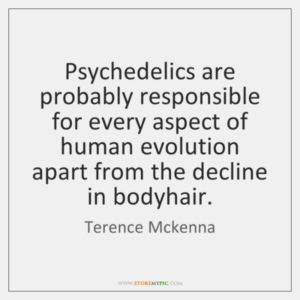
For most individuals, psychedelics help take people to a place of openness and spiritual peace which eventually acts as a foundation for letting them get rid of anxiety and/or learning to detach from that identity.
LSD, mushrooms, and other psychedelics were banned in 1970 under the Controlled Substances Act signed by President Nixon. It subsequently halted all research and experimentation into the positive medical uses of psychedelics.
Researchers currently are once again lobbying for experimentation with psychedelics. A study was recently carried out to find out the effects of psilocybin psychedelic on depression and anxiety. The drug was administered on cancer patients and nearly 80 percent of the participants showed considerable clinical decrease in both the above mentioned mental health disorders.
Some anxiety and depression sufferers sustained the positive effects of a single dose of psilocybin psychedelic for nearly 7 months.
Numerous experts in addiction medicine, psychiatry, and palliative care have come out in support of the above research. They have stated that more such research work is required, and that a model must be created so that illegal psychedelic compounds of medical use can be experimented upon in an ethical and safe manner. The easement of restrictions on new research can help unleash the potential for clinical applications and new scientific knowledge about psychedelics.
The legalization of medical marijuana (here’s my take on CBD oil for anxiety) in several states in the US in the recent past has only added to the voice of the scientific community. There is increasing support for the thought that alteration of mind can be a real good thing (especially in today’s hectic world); it can be useful, helpful, and even gratifying.
Psychedelics work by stimulating serotonin receptors present in the frontal cortex of the brain. This area of the brain manages memory and basic cognition.
Some studies show that LSD increases the flow of blood to the visual cortex and raises electrical activity, while other research indicates that it facilitates communication between different areas of the mind. Scientists are thus still trying to find out all there is to know about psychedelics and its effects. It may take many years before it can be medically used for depression and anxiety.
It’s also important to understand that the study of psilocybin psychedelic on cancer sufferers was carried out under constant surveillance by a team of doctors. All sufferers received extensive care and support, which may have contributed towards the easement of anxiety and depression. It is therefore advisable for anyone to avoid using psychedelics for the alleviation of depression and/or anxiety, as there is still a lot that is unknown about it.
If You’re Tired of Searching For a Lasting Solution for Your Anxiety, Learn More About the #1 CBT Based Program For Generalized Anxiety and Health Anxiety Today.
Featured image courtesy of dig this design.

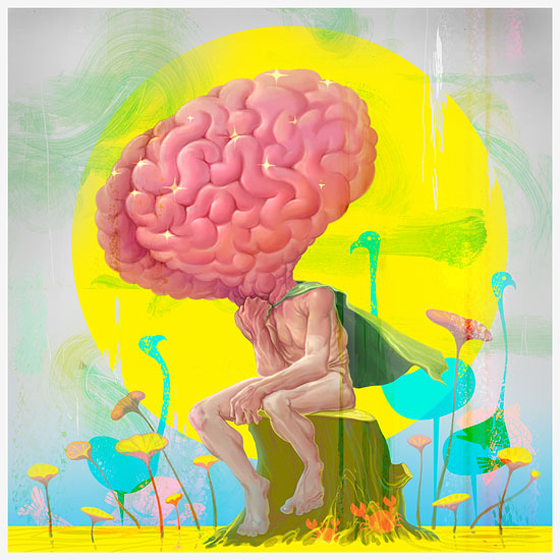
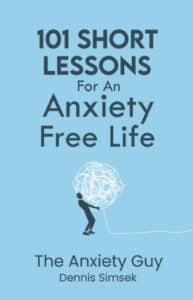

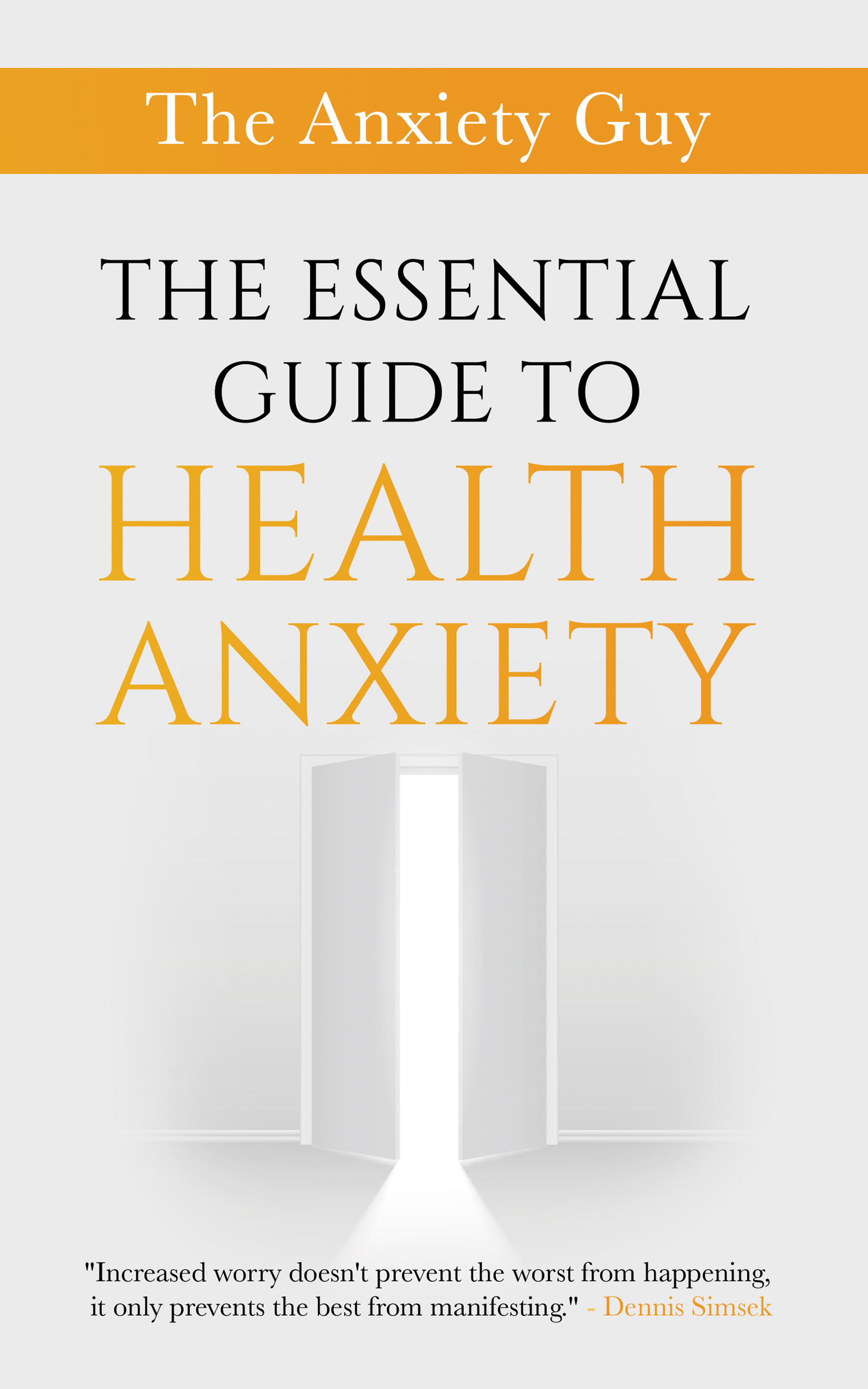
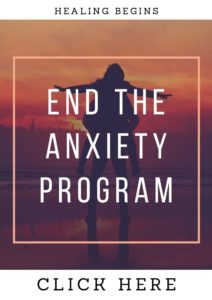
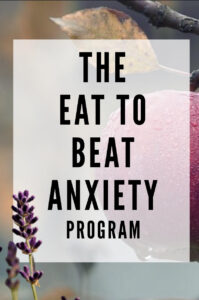



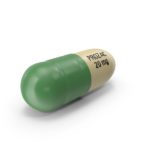

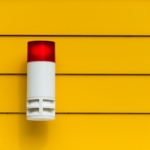







This blog caught my attention for two reasons: 1) I just read about Elon Musk’s appearance on Joe Rogan’s podcast where he endorsed certain psychedelics and 2) I’ve read about people treating different disorders (including anxiety) with micro-doses of LSD. As someone who suffers from bipolar disorder, I’ve been blessed that I’ve found a good medication combo that works well for me—Prozac and Depakote. However, I know several people who are bipolar and/or suffer from anxiety and they haven’t been able to find any prescription medications to help them in the long-term. I know several people who use marijuana for anxiety and swear by it. The problem is it’s not legal everywhere. There’s also the problem (as you mentioned here), that LSD and marijuana haven’t been thoroughly tested in controlled experiments because they’re classified as controlled substances. Until we have testing, we can only speculate what works and rely on anecdotal evidence. This blog raises some serious points about expanding our arsenal when it comes to treating things such as anxiety. I think the government needs to start looking into this as opposed to the known dangers of legal prescription medications used to treat mental illness. I’m by no means saying they’re all bad, but there are a number of questions regarding the over-prescription of certain psychiatric drugs.
Completely agree with the end statement and thanks for your important feedback Michael.
I’d like to know how so many people will proclaim the use of psychedelics, especially well-known in the media, and not one arrest of them from the DEA. What gives?